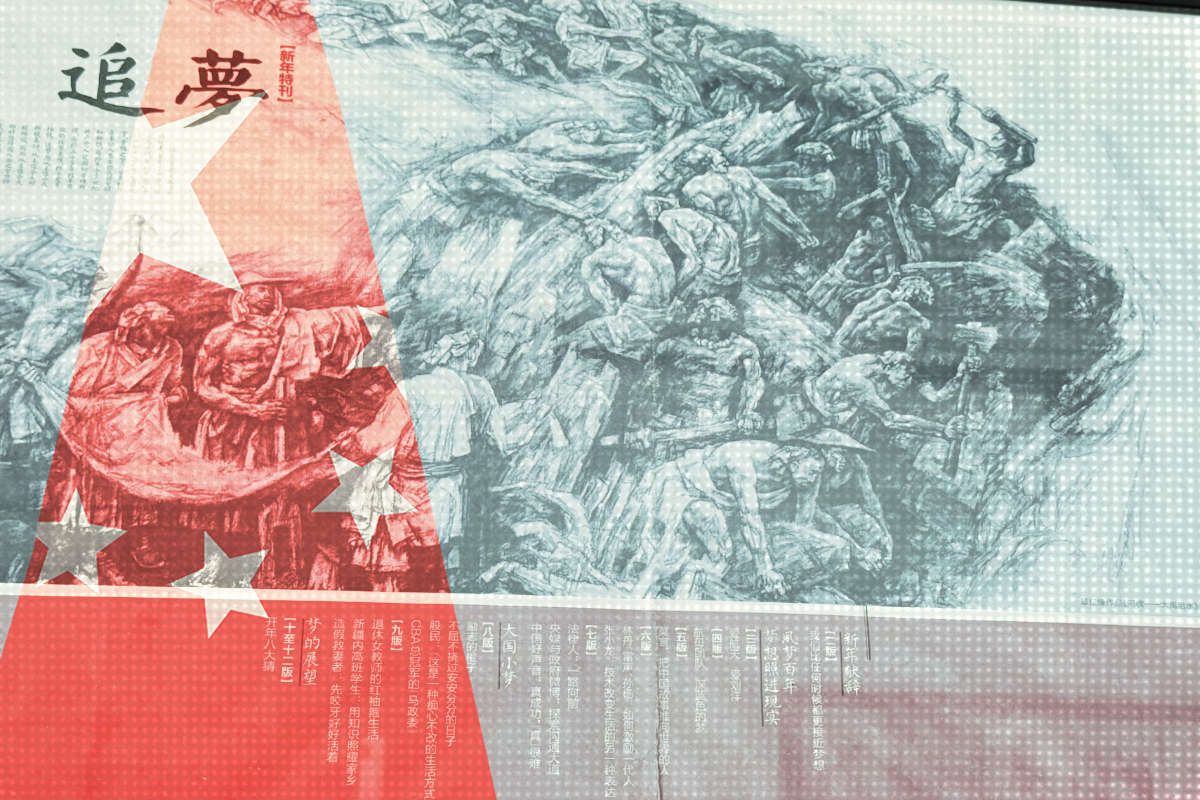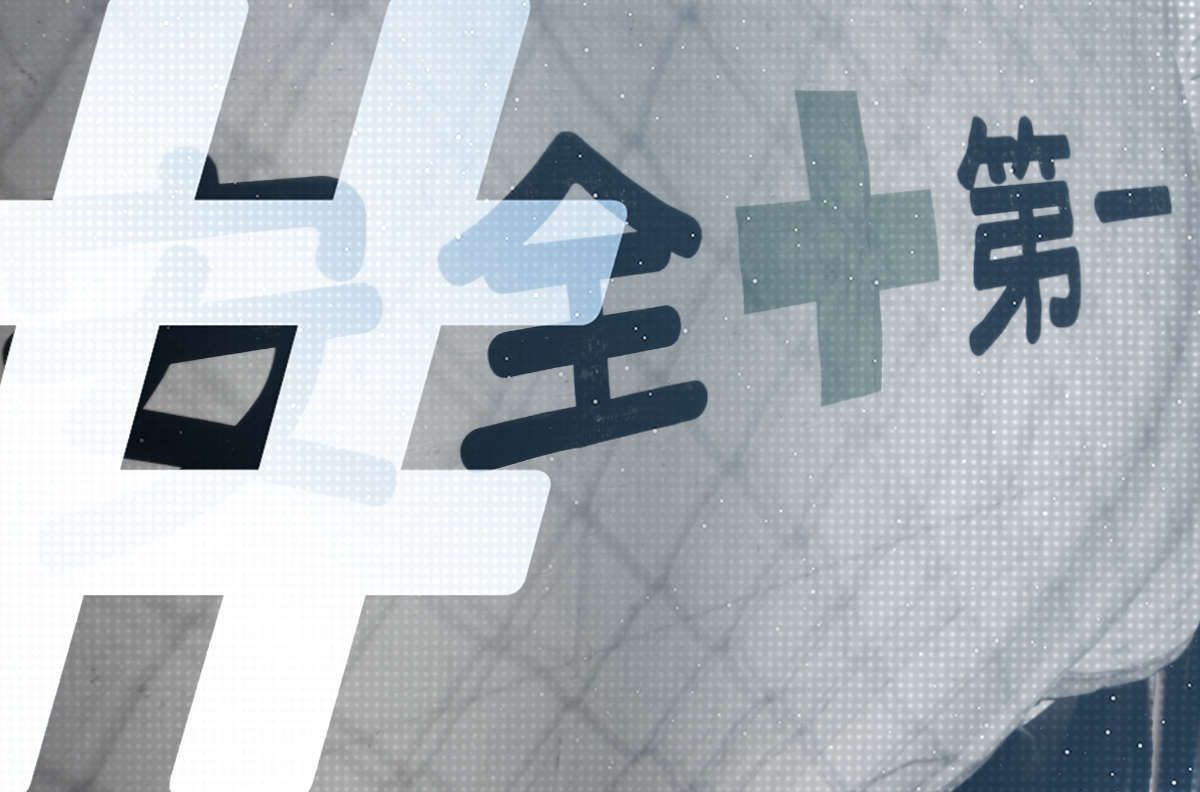An editorial on page four of yesterday’s People’s Daily once again went on the attack against “rumors,” making the case for government control of social media in the wake of new regulations issued earlier this month.
The editorial, written under the name Zhong Xinwen (钟新文), was offered as a response to recent remarks from a spokesperson for China’s State Internet Information Office (SIIO), who said “no country on earth permits the spread of rumors, or information pertaining to violence, fraud, pornography and terrorism.” The spokesperson was speaking about new regulations from the SIIO announced by the official Xinhua News Agency on August 7, placing restrictions on mobile instant messaging in the country. Internet users have dubbed the rules “The WeChat 10” (微信十条).
The chief online regulator/censor, China’s State Internet Information Office is now led by hard-liner and former Beijing propaganda chief Lu Wei, who some Chinese journalists say was the architect of the recent crackdown on “Big V” account holders on Sina Weibo.
Xinhua also reported yesterday that police in the Ningxia Hui Autonomous Region had detained a man accused of spreading an alleged rumor about baby trafficking.
A partial translation of yesterday’s People’s Daily editorial follows.
Speech Can Be Free, Rumors Cannot Be Free
Zhong Xinwen (钟新文)
People’s Daily
August 12, 2014
[Mark Twain once said that,] “A lie can travel halfway around the world while the truth is still putting on its shoes.” In the information age, the challenges posed to people by rumors mount every day. No responsible government can look on and disregard such a situation. It’s for this reason that a spokesperson from the State Internet Information Office said in response to the “Ten WeChat Rules” (微信十条) that no country on earth permits the spread of rumors, or information pertaining to violence, fraud, pornography and terrorism. Our online space cannot become a chaotic space full of rage.
What constitutes a rumor? It means speech that has no basis in fact that is fabricated then somehow disseminated. The history of rumors is ancient, but in the new media age the creation and transmission of the rumor has been given new “wings” — and their transmission power and destructive power have also grown geometrically. In recent years, from the salt hoarding scare to earthquake rumors, to the Ms. AIDS incident (艾滋女事件), rumors have continued to violate the rights and reputation of others and do harm to public order. Therefore, an attitude of opposition to rumors evinces basic reason on the part of citizens, and serves to defend a society’s bottom line [of decency and order]. The logic we can obtain from this is that there is a dialectical relationship between freedom and order. And the freedom of any individual must be exercised within the scope of the law, and cannot tread over the bottom line, violating the freedom of others. To put it another way, speech should be free, but rumors cannot be free.
Some people believe that freedom of speech implies the right to speak in error, and that tolerance toward rumors means the protection of the right to speak — and conversely, that punishing rumors place limitations on speech freedom. This view is completely specious. As a legal right and a political right, free speech is the freedom to express one’s views, and the rational basis for this is tolerance for subjective likes and dislikes, the admission that views are pluralistic. And just as any freedom has its limits, free speech has its limits. The protection of the right to “say the wrong thing” does not mean toleration of deliberate rumors. Saying the wrong thing and manufacturing rumors are fundamentally different in nature. There is a famous saying from the United States Supreme Court: Absolutely no one has the freedom to falsely shout fire in a theater and create panic [See NOTE below]. To create and disseminate false facts does not, under the law, equate to the exercise of free speech, and in no country does free speech include the freedom to fabricate rumors.
NOTE: The correct quote from the opinion of Justice Oliver Wendell Holmes, Jr. in Schenck v. United States in 1919 is as follows: “The most stringent protection of free speech would not protect a man falsely shouting fire in a theater and causing a panic. . . The question in every case is whether the words used are used in such circumstances and are of such a nature as to create a clear and present danger that they will bring about the substantive evils that Congress has a right to prevent.”
There is another view that holds that in the free market of speech, rumors will naturally collapse all on their own, and that the best thing is to take a laissez-faire attitude, letting rumors grow and die of themselves. Leaving aside for a moment the notion that oft-repeated lies can be accepted as truth, even if a rumor is really eliminated, do we just dispense with what is right and what is wrong? Does this erase the real damage that has resulted? On February 10, 2011, a rumor in Xiangshui County in Jiangsu Province said that an explosion was about to occur at a chemical enterprise in the Chenjiagang Chemical Park, and as a result people ignorant of the truth were in a state of terror and left their homes, resulting in auto accidents in which four people died and many were injured. To trample on the rights of others in the name of “free speech,” with real harm to public order — this is the real threat to freedom.




















